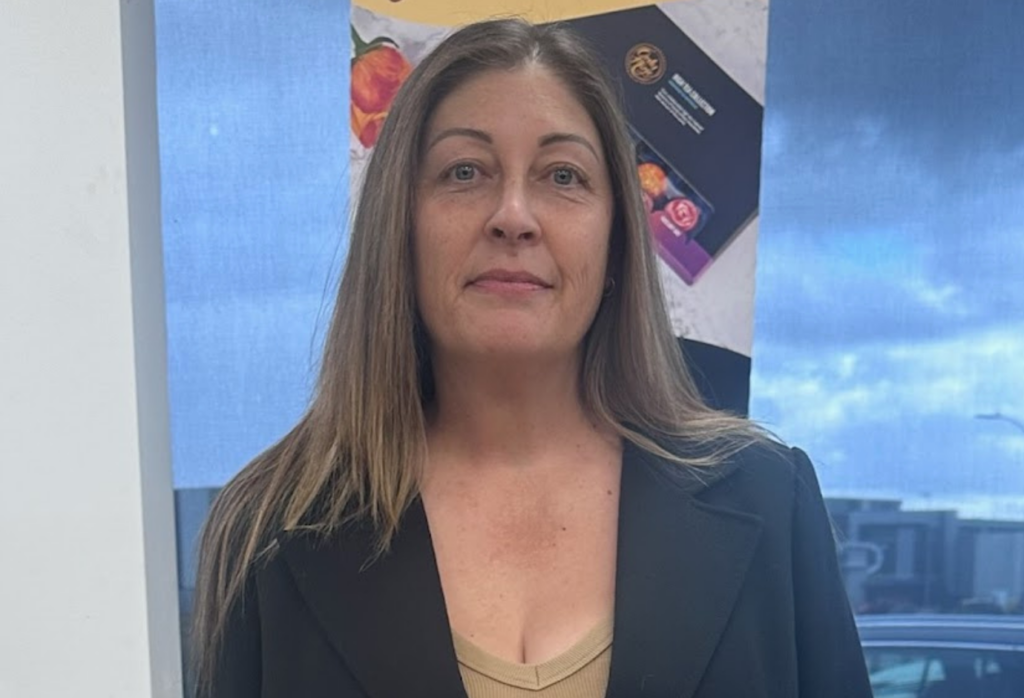Over the past few years, markets in South East Asia have witnessed an increased appetite for First Nations exports, where consumer demand for premium and culturally authentic products has been growing.
Products made in Australia by First Nations businesses have been experiencing a surge in popularity, including food and beverages, artworks, and clothing. Data from Austrade shows First Nations goods exports generated up to nine times more in turnover than other Australian businesses.
According to Asialink Business, the University of Melbourne’s centre that offers commercially focused solutions for leaders, entrepreneurs and employees, South East Asia is projected to reach $10.63 trillion in consumer spending in the next five years, providing First Nations businesses with unmatched opportunities.
One First Nations female-owned food manufacturer in Victoria has been working with Asialink Business to build its capability in the region, assisting the business with navigating regulations and connecting them with suitable partners in preparation to export its range of native-ingredient infused chocolates and teas to Japan, Singapore and Malaysia.
Founder of Jala Jala Treats, Sharon Brindley believes that consumers in countries in the South East Asia region are attracted to her products because they tell a story.
“Japan, Singapore, and Malaysia show the strongest interest in First Nations products like mine because they value authenticity, provenance, and unique ingredients, especially when tied to cultural storytelling,” she said.
The proud Yamatji/Noongar woman began her chocolate business in January 2020. According to her website, Brindley developed her love of cooking and knowledge of Indigenous ingredients from her grandmother, who was a member of the stolen generation.
“I love that, many years later, I am sharing the same excitement that was kindled in me back then, using some of the same ingredients and flavours in my business,” she reveals. “I’ve seen first-hand how food plays an integral part in connecting family and people regardless of their background, culture or religion.”
Today, it is Victoria’s largest First Nations female-owned food manufacturer.
“It was my hope and dream to launch overseas, but I obviously didn’t know if I could pull it off,” she told Women’s Agenda. “It was my vision to get my language out to the world.”
She’s now working with Asialink Business in Melbourne to build her Asia capability ahead of plans to export to Japan, Singapore and Malaysia. Brindley believes it’s helped her build relationships and networks as she shares her story and culture. It’s also helped her understand their taste palate to adjust her packaging and labelling to cater to their market.
“Becoming Asia capable has meant starting to build meaningful relationships and networks, respecting their culture and sharing ours, mutual trust, understanding their taste palate, packaging, labelling and marketing trends and adjusting as needed,” she said.
“Asialink Business has helped expand my global outlook while reinforcing the importance of cultural intelligence, reciprocity, and authenticity in leadership—values that are central to First Nations ways of doing business.”
The entrepreneur is now hoping to create a tourism experience in Australia whilst also working on exporting to more countries within the next two to three years.
Leigh Howard, Chief Executive of Australia’s National Centre for Asia Capability, Asialink Business at the University of Melbourne, said First Nations’ businesses resonated with markets in the Asia-Pacific like never before.
“Jala Jala Treats represents the best of what Indigenous Australian entrepreneurship has to offer through innovation, authenticity and community, and we are proud to support their journey as part of a broader push to help First Nations businesses succeed in Asia,” Howard said.
“Buyers are seeking products with a clear story, ethical sourcing and natural ingredients, and First Nations businesses stand out, especially when stories of land care, cultural heritage and community are central to the brand.”
Howard noted that Asia’s rising middle class – expected to reach 1 billion households over the next decade – and projected consumer spending of more than $10 trillion present unmatched opportunities.
“The growing affluent class across Asia is reshaping demand. As those markets continue to steam ahead, there’s a lot businesses can do to access opportunities in the region,” he said.
According to him, less than half of Australia’s 56,000 exporters currently send goods to Asia, indicating significant growth potential.
“Beyond China, Southeast Asia as a bloc is Australia’s second-largest trading partner. Yet, government figures show that 250 exporters make up 90 per cent of our goods exports to the region. This concentration suggests there’s considerable room for more Australian businesses to engage,” he said.
As a passionate advocate for other First Nations women who wish to pursuit their own business, Brindley has some advice: “Don’t doubt yourself, always back yourself, I did even through the hard times.”
“Find your people and your community – I couldn’t have done any of these without their support. Connecting with like- minded people who will support each other grow is the main part.”
Become a Women’s Agenda Foundation member and support our work! We are 100% independent and women-owned. Every day, we cover the news from a women’s perspective, advocating for women’s safety, economic security, health and opportunities. Foundation memberships are currently just $5 a month. Bonus: you’ll receive our weekly editor’s wrap of the key stories to know every Saturday. Become a member here.


